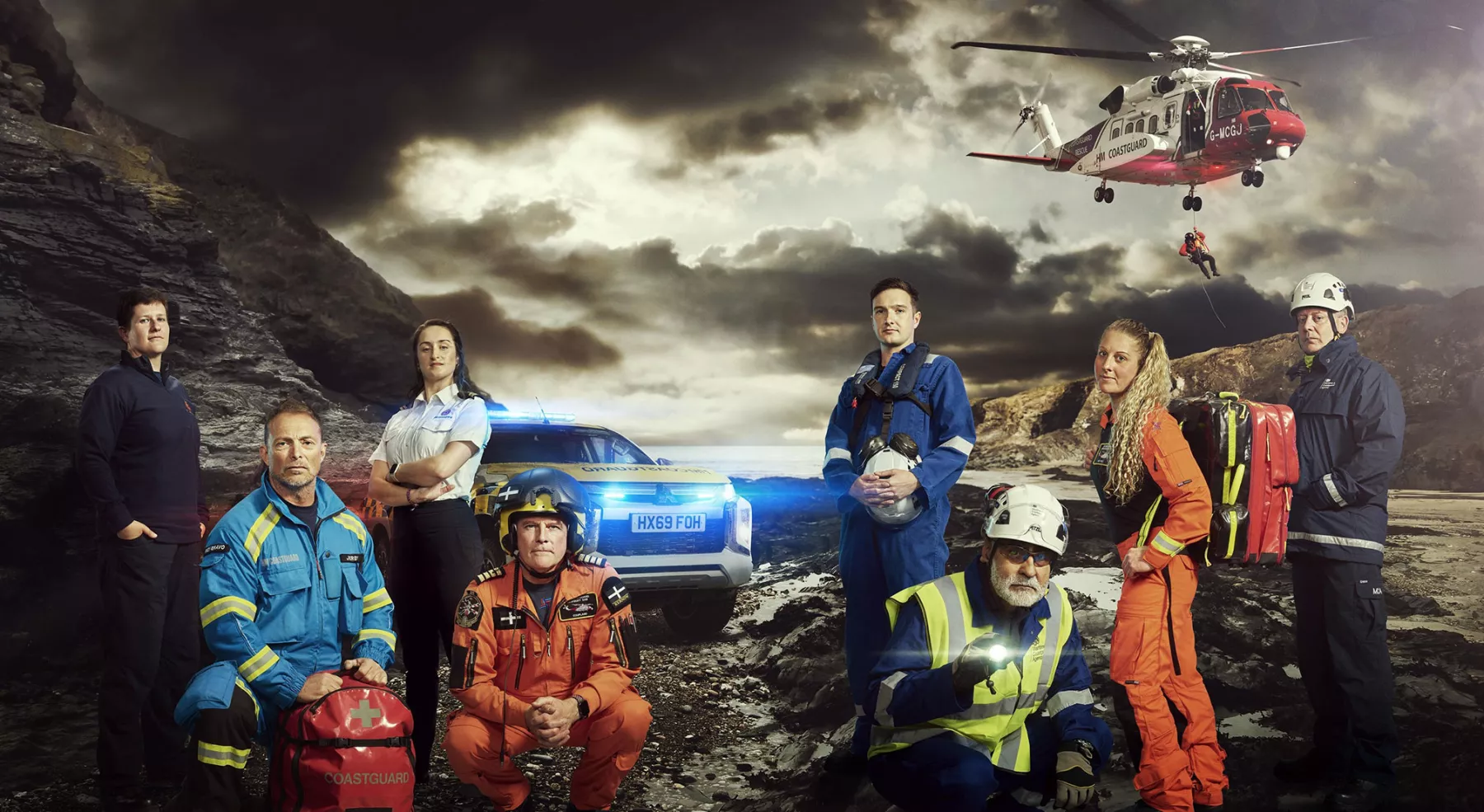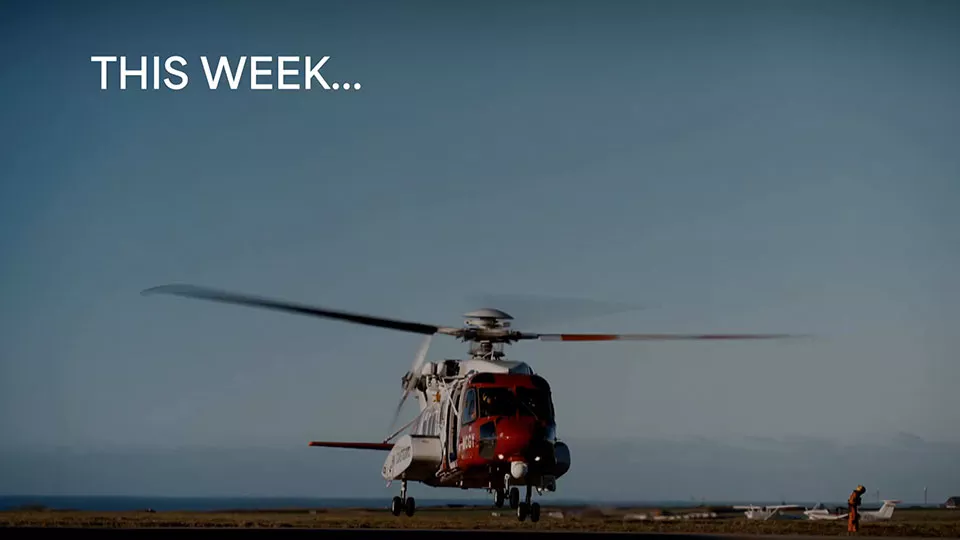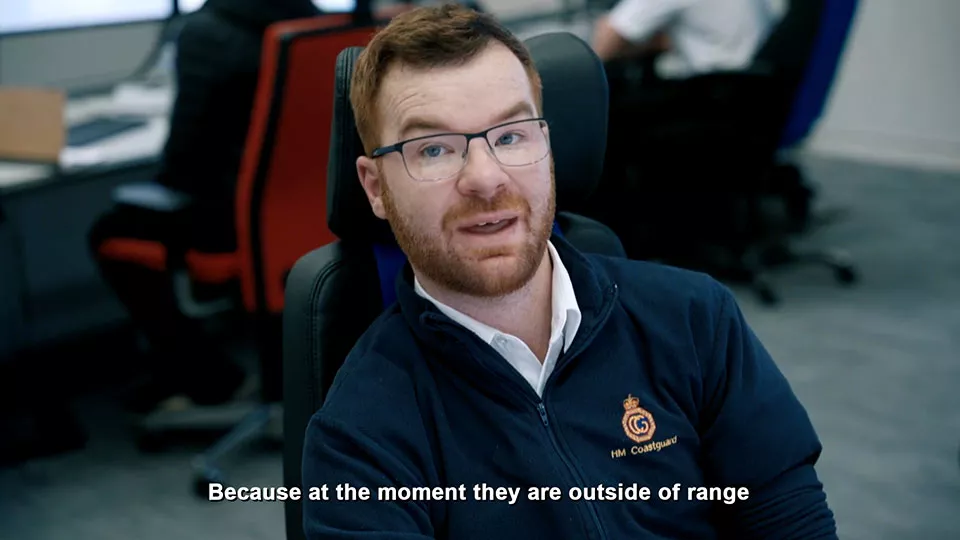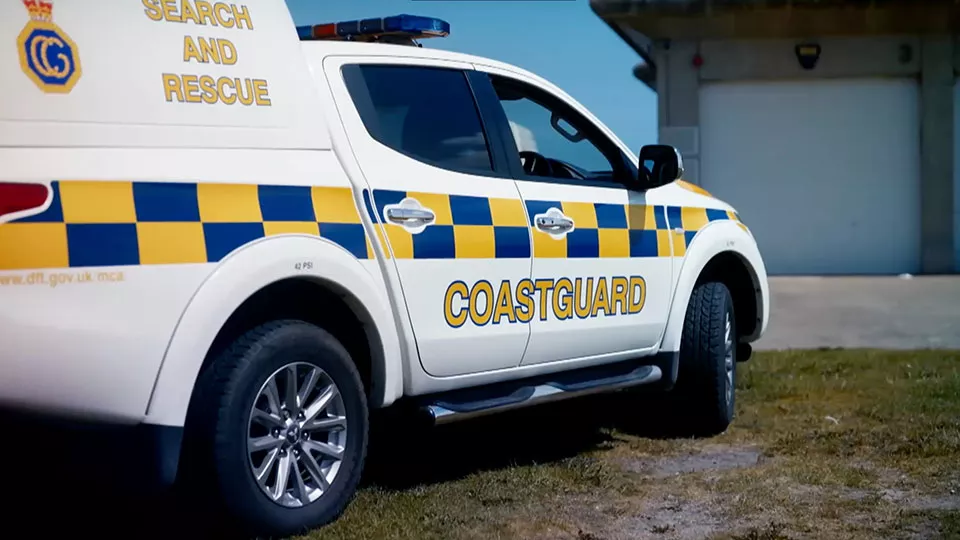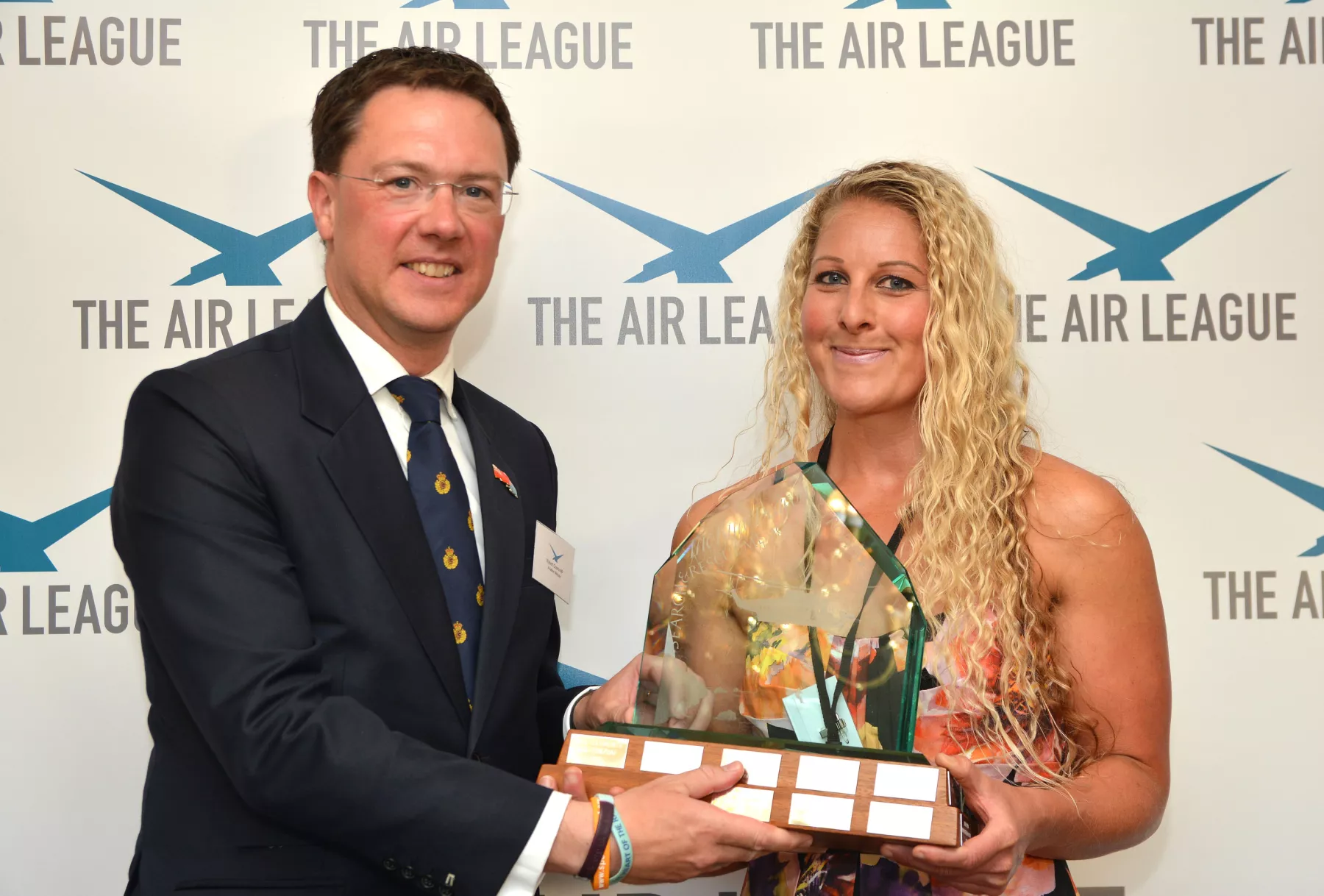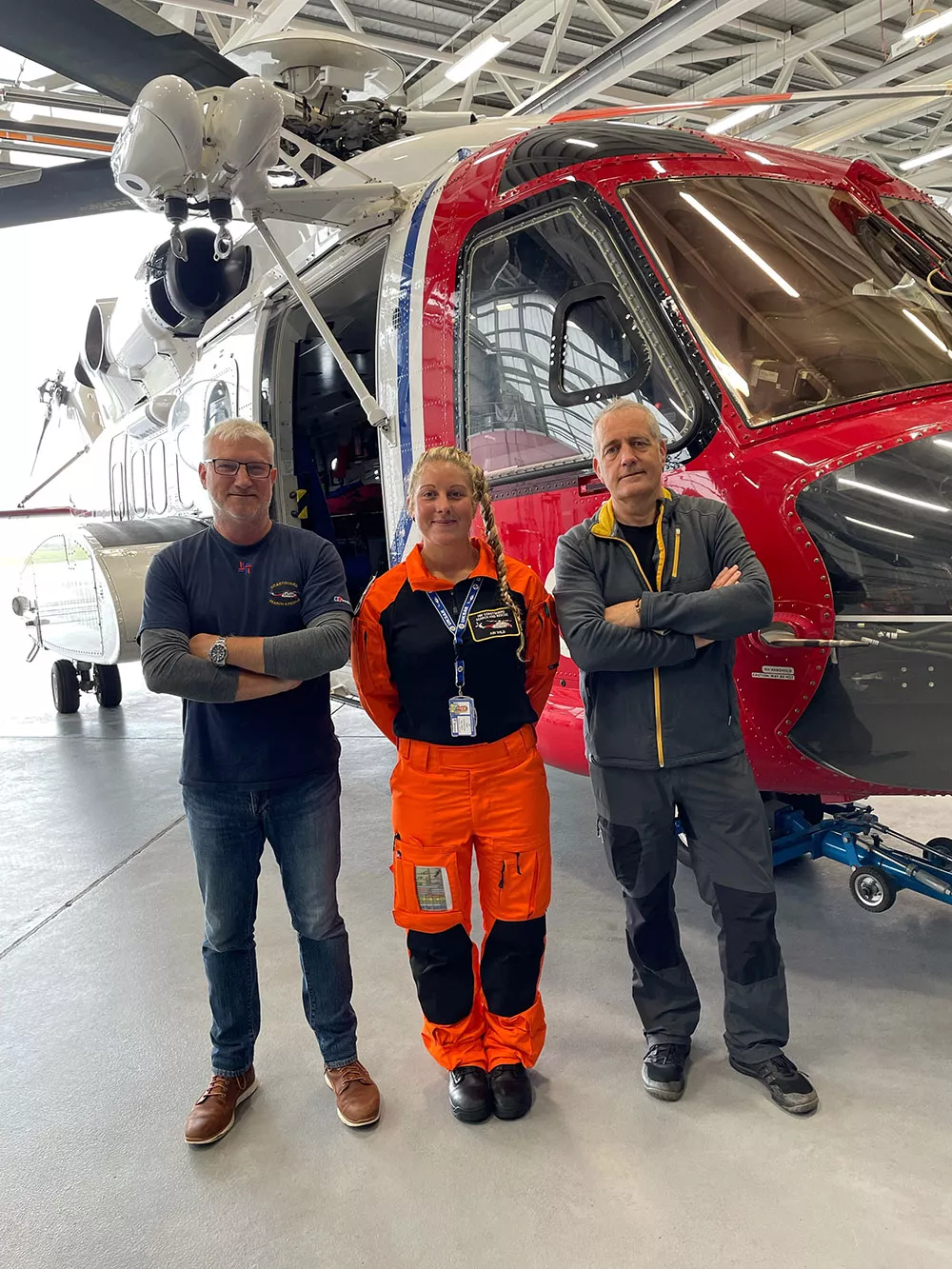How it all went wrong
Mark and Deborah decided to first travel along the south coast of England, visiting family, friends and enjoying the beautiful British coastline. They struggled however with increasing inclement weather, even getting waylaid in Cowes Harbour for nearly five days.
“We tried to keep moving but we seemed to keep getting caught up and we were moving from one storm to another,” Mark said.
“We decided to just do the short hop to Plymouth when it looked calm – all of the equipment and forecasts said the weather wasn’t going to be bad, so we thought we could make it. And then it all went wrong, very wrong.”
Mark said the engine on the Transworld 41 vessel was brand new and that the couple sailed along the coast with no expectation of issues, even if conditions worsened. But, as they reached the picturesque and jagged coastline at Salcombe, the engine failed.
“It just stopped,” he said. “I kept trying to get it going but it was dead. So I tried to get the sails up but the wind was blowing us straight at the rocks. I realised pretty quickly that we were in trouble and that I was going to struggle to sail out of it.”
